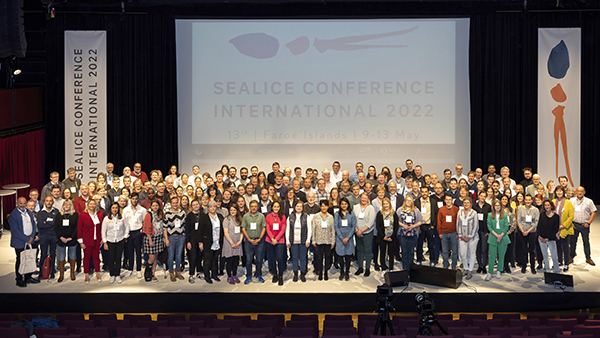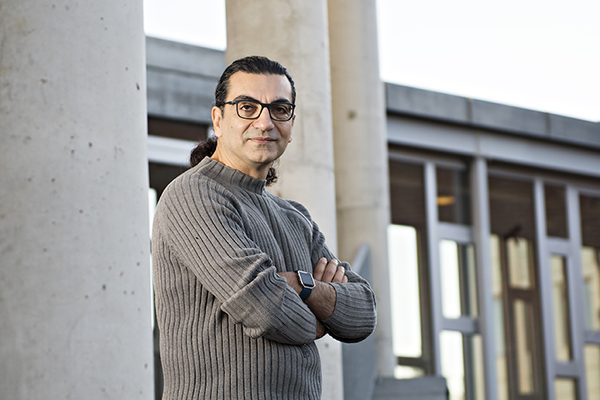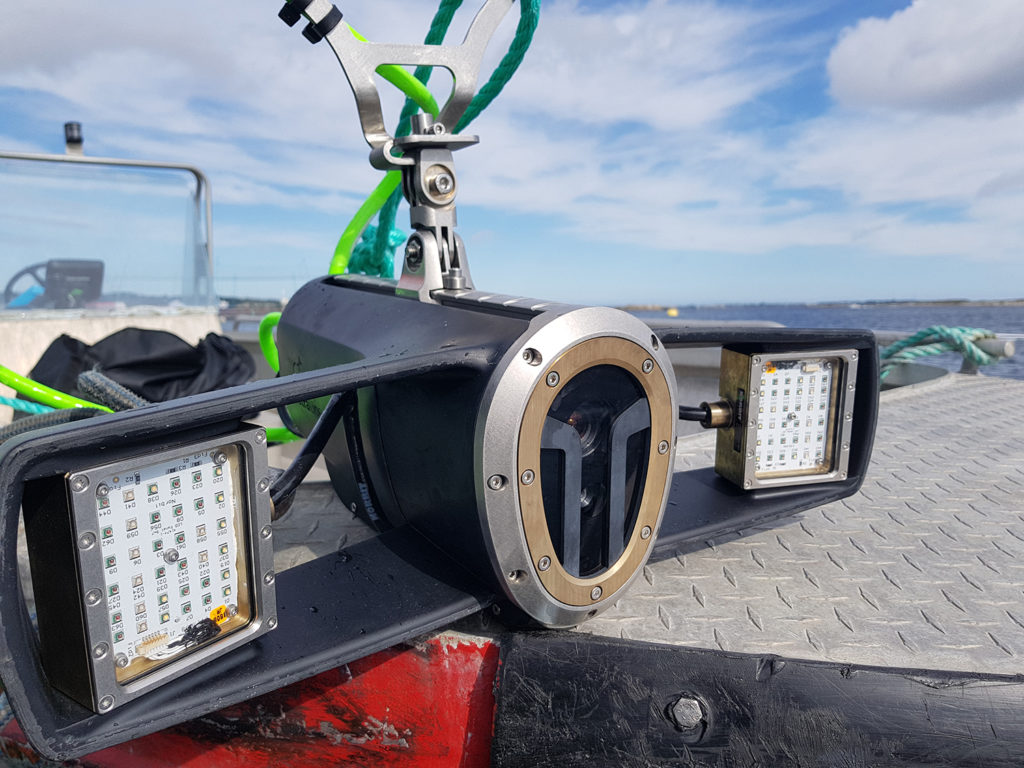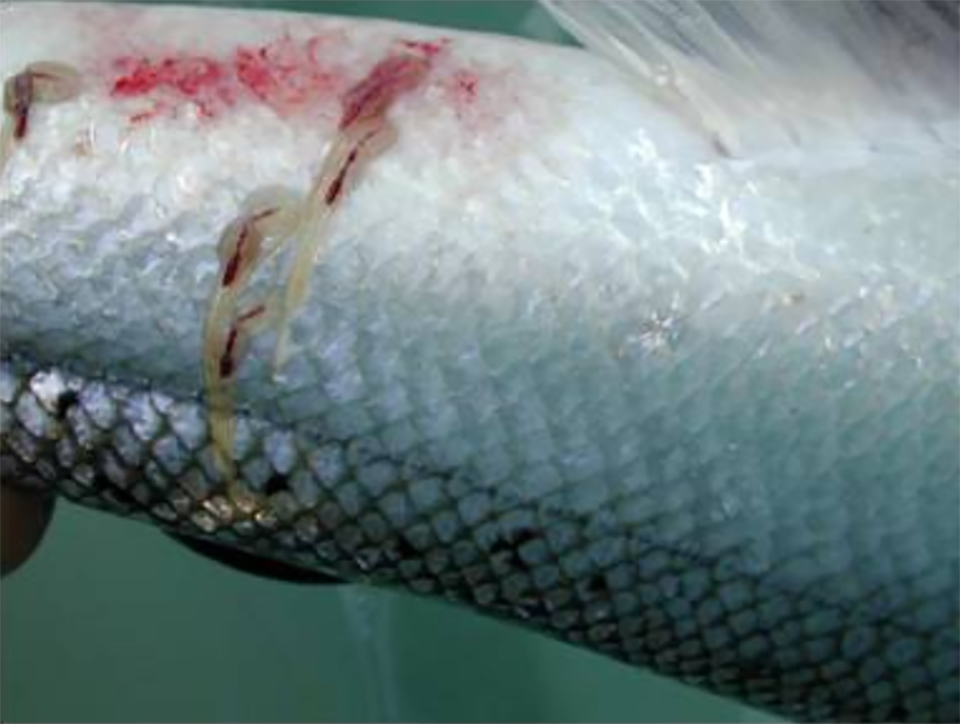After successful bid led by SAIC, Scotland will host the International Sea Lice Conference in 2024

Organizers of the biennial International Sea Lice Conference have announced that Scotland will host the next meeting in 2024, after a successful bid was led by the Sustainable Aquaculture Innovation Centre (SAIC).
The conference will bring together leading international scientists, fish health practitioners and regulatory agencies to share research and exchange insights on the key biological and environmental factors associated with sea lice and their management.
“It is great to see such an important global summit returning to Scotland, where our aquaculture sector is thriving and we have a wealth of leading academic expertise,” said Heather Jones, CEO of SAIC. “In collaboration with other ‘Team Scotland’ organizations, SAIC is looking forward to welcoming representatives from the international academic community to share knowledge and new ideas about the management of sea lice, which is an ongoing focus for the sector as we continue to expand the economic impact of aquaculture while minimizing its environmental footprint.”
The 2024 conference, which will be the fourteenth event since the 1992 inception of the series in Paris, sees the return of the International Sea Lice Conference to Scotland, after it was last held in Aberdeen in 2001. The decision-making process kicked off earlier this year during the 2022 summit, hosted by the Faroe Islands after a two-year Covid-19 delay.
“The success of this year’s conference is a reflection of the resilience and determination of the aquaculture community, who embraced the opportunity to get together again in person after Covid,” said Johanna Lava Køtlum, director at Fiskaaling and an organizer of the 2022 International Sea Lice Conference. “I have no doubt that the Scottish hosts will continue to build on that momentum and create an engaging conference program that will showcase academic and industrial expertise and help to forge crucial partnerships in support of our growing sector.”
SAIC’s bid highlighted the growing role of Scottish aquaculture in serving the global need for sustainable protein and the importance of collaboration and knowledge sharing across the sector to tackle environmental and health challenges.
Planning for the conference is already underway, and it is expected that researchers traveling to Scotland will have opportunities to experience the aquaculture sector first-hand with site visits and a range of sessions hosted by local and international experts on sea lice. Past events have featured a variety of research topics including the biology of sea lice, sea louse management, epidemiology, and interactions with the environment.
“This event brings together academics, industry representatives and other global stakeholders to share research, best practices and new developments, which can ultimately boost our understanding of sea lice and enable us to deal sustainably with some of the associated issues,” said Professor James Bron from the University of Stirling’s Institute of Aquaculture. “In developing the program, the scientific committee will be drawing on expertise from UK, Norway, Chile, Canada, Faroe Islands, the USA and other seafood-producing regions to ensure an internationally relevant program and provide delegates with valuable global insights.”
Follow the Advocate on Twitter @GSA_Advocate
Now that you've reached the end of the article ...
… please consider supporting GSA’s mission to advance responsible seafood practices through education, advocacy and third-party assurances. The Advocate aims to document the evolution of responsible seafood practices and share the expansive knowledge of our vast network of contributors.
By becoming a Global Seafood Alliance member, you’re ensuring that all of the pre-competitive work we do through member benefits, resources and events can continue. Individual membership costs just $50 a year.
Not a GSA member? Join us.
Author
Related Posts

Health & Welfare
Gene editing eyed as a potential sea lice solution
A Nofima-led study is exploring the possibilities of using gene editing to make salmon more resistant to sea lice.

Health & Welfare
R&D collaboration to explore using AI to count sea lice
The Danish Technological Institute and Benchmark Genetics are exploring the use of artificial intelligence (AI) to count sea lice on salmon.

Innovation & Investment
Farmers deploy new high-tech tools against sea lice
Salmon farmers in Norway are trialing two new technologies, including one from Silicon Valley, in their ongoing battle with the persistent sea lice.

Health & Welfare
Norwegian researchers develop sea lice tracking model
An operational salmon lice model calculates sea lice infestation pressure all along the Norwegian coast in near real-time, based on a hydrodynamical ocean model and a salmon lice particle tracking model.



